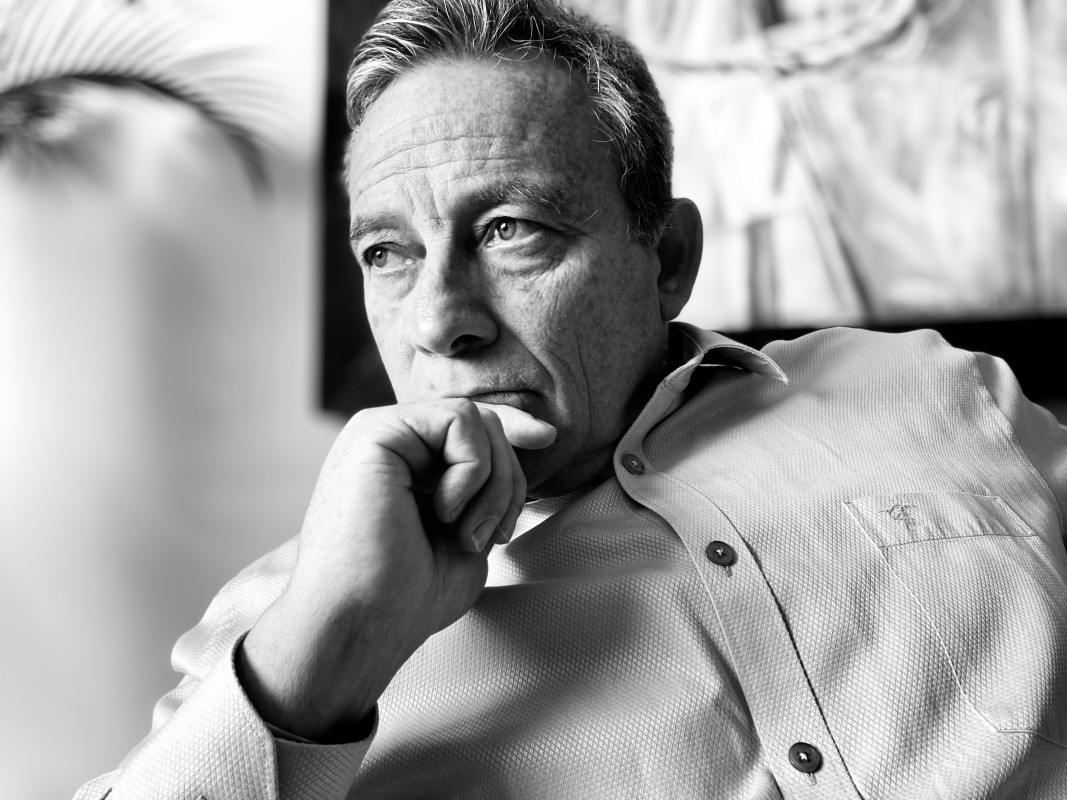The production of cocaine has surged to an unprecedented level in Colombia, the world's leading producer of the drug.
Despite decades of militarised crackdown in the country, coca cultivation and cocaine production continue to surge. According to a document published (in Spanish) on September 19 by the UN Office on Drugs and Crime (UNODC), cocaine production rose by around 30 per cent between 2016 and 2017; from around 1,100 tonnes to over 1,400 tonnes. The area used for coca cultivation has also considerably increased; the coca plant was estimated to be cultivated on around 170,000 hectares of land in 2017 – contrasted with less than 150,000 in 2016, and far higher than the estimated 50,000 hectares of 2013.
Since 2013, Colombia has held the title of world’s largest cocaine producer – having overtaken Peru, and being well ahead of neighbouring Bolivia.
InsightCrime partly attributes this surge to a lack of alternative opportunities for rural Colombians, as well as improved farming techniques:
“Illegal groups continue to pressure farmers to grow the crop in some areas, while other farmers do so due to lack of opportunities, as well as the hope that they may eventually receive government benefits as a result … Cocaine producers have also found ever more innovative ways to process the drug, raising the drug yield per hectare.”
Colombia’s approach to drug policy has become increasingly militarised since 2000, when the government signed a deal with the US’ Clinton administration to suppress both drug trafficking groups and leftist insurgent groups. This led to a highly politicised and controversial drug war that has fuelled violence, human rights abuses, and government instability.
Presidential elections earlier this summer heralded the possibility of a change in direction, with a leading candidate – Gustavo Petro – criticising the militarised drug war as a "failure", and proposing radical policies to redistribute land to poor farmers so that they may grow more profitable goods. However, Petro eventually lost the election to right-wing candidate Iván Duque Márquez, who seeks to intensify the crackdown on drug offences.
As the Washington Post reports, the election of President Duque bodes well for the US’ Trump administration, who seek to return to the repressive policies of Plan Colombia. Last year, the US began pushing for Colombia to reintroduce the aerial fumigation of coca crops, despite scientists labelling this practice as "probably carcinogenic for humans".
However, as TalkingDrugs has previous described, there is speculation that Trump’s intentions have not been spurred by coca cultivation, but rather by a desire to undermine the ongoing peace process between the Colombian government and the left-wing Revolutionary Armed Forces of Colombia (FARC).
President Duque has yet to publicise any new drug policies that his administration is implementing.


